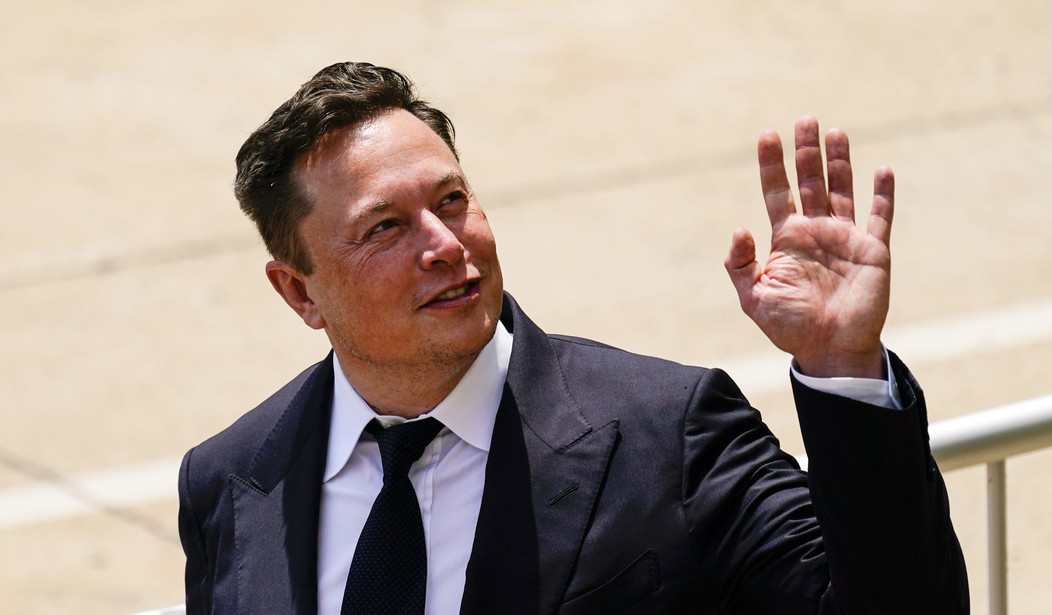Last Friday, billionaire entrepreneur Elon Musk took over Twitter. There were some initial waves made when three top Twitter executives and an anti-free-speech nazi were shown the door (see The Crying Begins After Elon Musk Drops the Hammer at Twitter). A lot of schadenfreude ensued this week when Musk proclaimed Twitter’s “verified” user system that awards a blue checkmark to accounts that jump through enough hoops “bullsh** and seemed to say that such accounts would be open to everyone for $8/month, see Elon’s Move to Change Twitter Verification System Is Causing Liberal Blue-Check Tantrums. From the wailing and gnashing of teeth on the left, one would think that a new day of liberty was at hand on the liberal plantation.
Not so fast.
This morning, radio talk show host Jesse Kelly tweeted about the upcoming elections.
This is an opinion. You don’t have to like it, but opinions can’t, by definition, be misleading. They can be ill-informed; they can be nonsensical, but they can’t be misleading. Making it impossible to reply to, share, or like a tweet containing an opinion is not the way a free society handles ideas. We went through this with the opinions about the Russia Hoax that Robert Mueller perpetrated on the country. We went through this during the COVID “pandemic” on the likelihood of the virus originating in a lab leak and the efficacy of the Covid vaccine, mask wear, and lockdowns. I might add that Twitter was on the wrong side of the truth on all these issues.
For the record, I think the overwhelming body of evidence indicates this is precisely the case. There is no excuse for any state election apparatus to fail to produce a winner on election night (night being defined as the dawn on Wednesday). I’ve served as a chief judge at a precinct in Maryland for nearly 20 years, so I have a bit of experience in this matter.
What we’ve seen is that the longer the count is dragged out, the more dumps of ballots that are statistically improbable in their allocation of votes take place (see Georgia in 2020), the more troves of ballots that are “found,” the more “pipes” that “burst.”
There are, in my view, two primary reasons that have caused people to doubt election outcomes. First, the rules are changed by a coalition of partisan judges and Democrat election officials at least until Election Day, so no one is quite sure what the rules are. The judicial meddling sometimes continues after Election Day. Second, counting is not transparent, and the closer the election is, the more apparent shenanigans that take place.
The only exception for “no winner on election night,” other than the Democrats trying to find a way to make up for their deficit, is when a race becomes a recount. But, even then, numerous recounts are marred by the “sudden” discovery of previously uncounted ballots.
Elon Musk says he wants Twitter to be open; that he wants it to be a public square. That can’t happen when opinions are essentially proscribed instead of debated and challenged. If this doesn’t change, then all of Musk’s pronouncements don’t mean a whole lot.














Join the conversation as a VIP Member